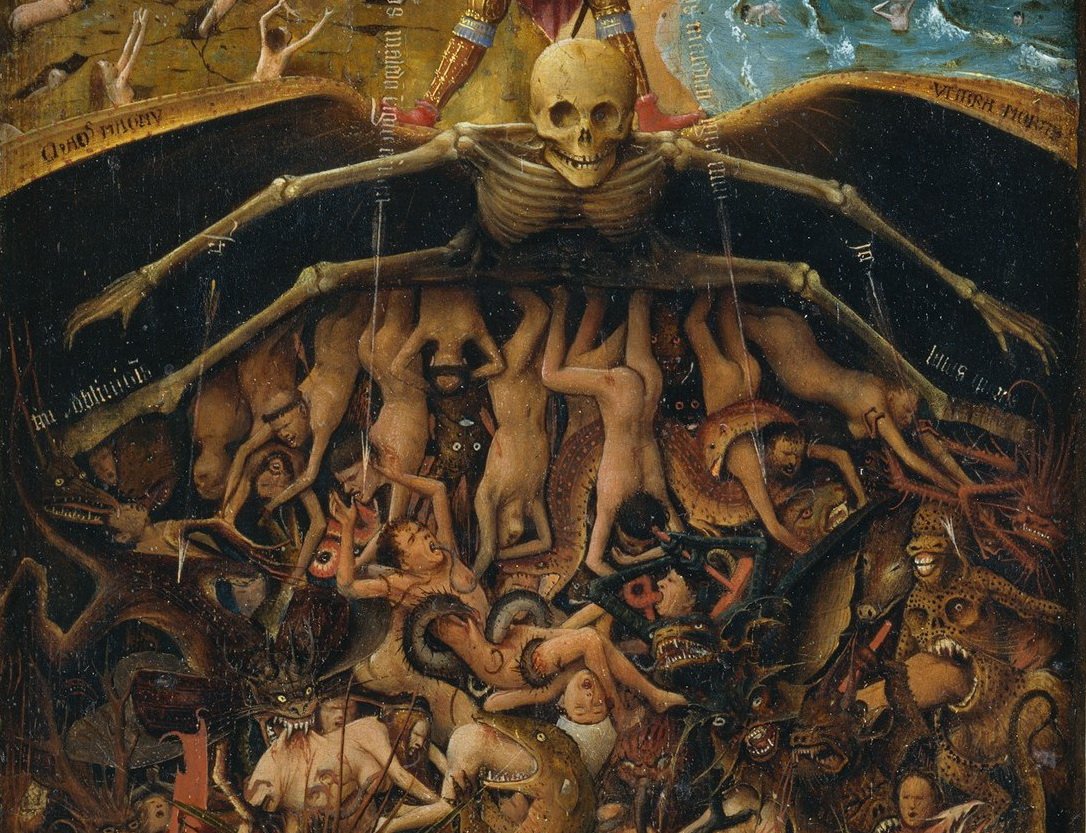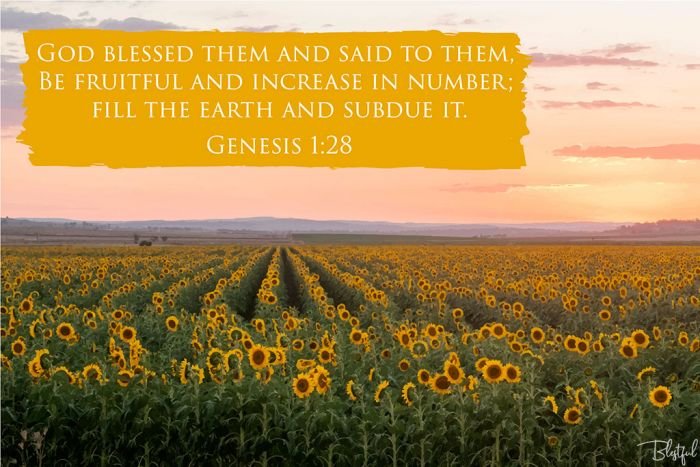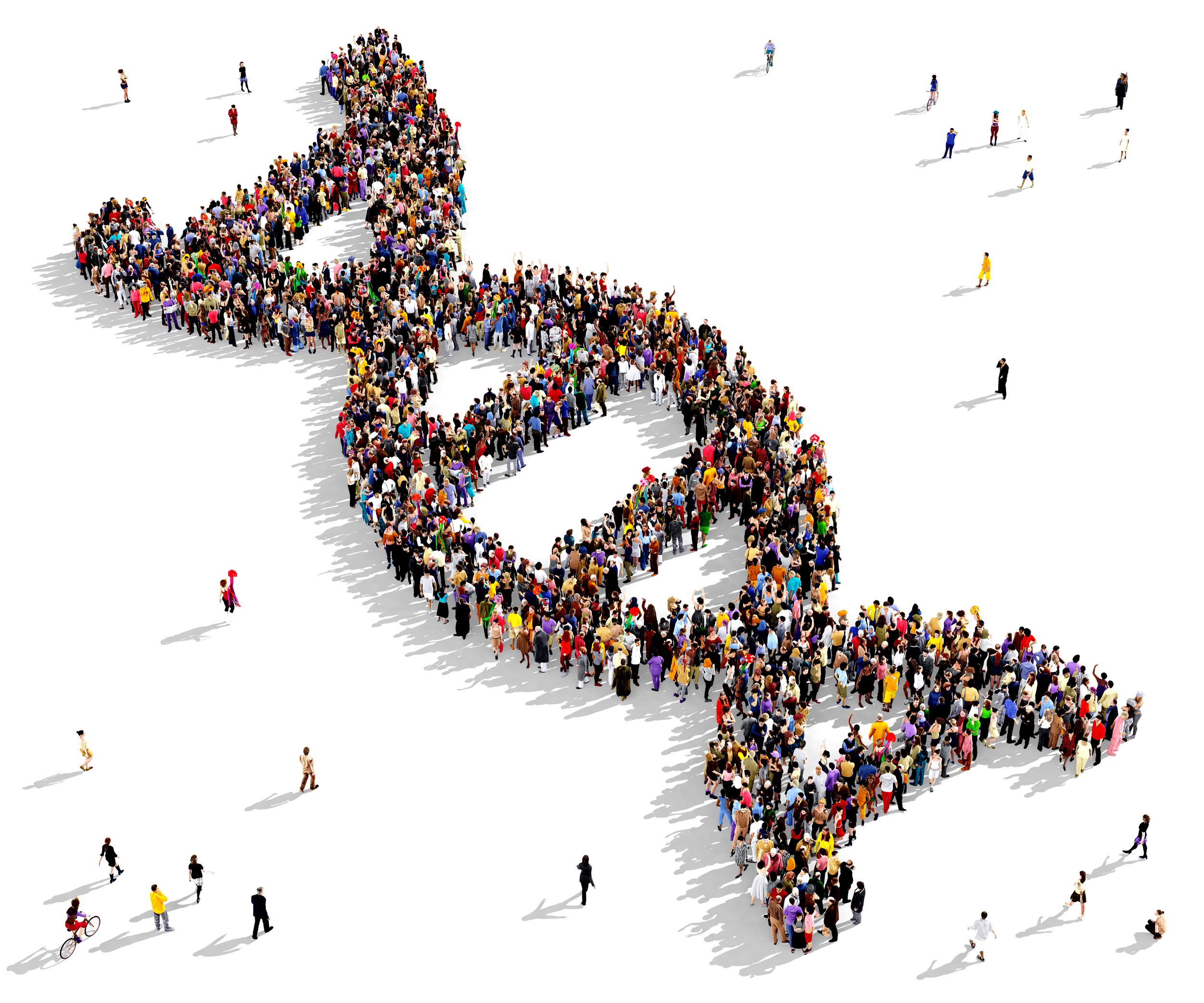I've been thinking about how I tried to keep my parents from going to Hell.
Jan Van Eyck, The Crucifixion; The Last Judgement (diptych), c. 1430–40. Oil on canvas, transferred from wood. Metropolitan Museum of Art.
In 1910, the French poet and essayist Charles Péguy wrote,
Everything begins in mysticism and ends in politics.
In the politically crazed season we’re still in, with an election’s effects still rippling, we talk a lot and argue a lot about Democrats and Republicans and Independents, about democracy and authoritarianism, about inclusion and exclusion. That is, we talk a lot about politics. But we say little about what Péguy calls the mysticism that lies behind our politics and gives various political narratives their core values.
No matter how we vote, no matter our position on climate change or abortion, voting rights or taxation, each of us has some such story that drives our political convictions. It’s this deep belief about what the world should look like that we express with our votes.
The personal vision that drives my politics is a blend of my religious history and my evolving political convictions. I believe every one of us comes from the same creative process, whether Our Creator or the procreative human process. From our common genesis, we are one human family. My political belief is that all people are created equal, endowed by their common Creator (or by a common creative process) with the same inalienable rights to respect, dignity, and compassion. We live in different and sometimes differing communities in which learning to live respectfully with one another is a better choice than going to war.
My earliest memories of being part of a community are about the church youth group that adopted me from a religion-less life when I was a boy. It remains in my memory my only immersion in a story that demanded belief in its superiority over other stories, the superiority of my community over other communities. We believed it was our God-given, God-mandated right to dominate others and, indeed, all of creation:
Fill the earth and subdue it and have dominion over . . . every living thing that moves upon the earth. (Genesis 1:28)
Throughout my teens, I pored through our scriptures, listened to our preachers and teachers as if they were God’s oracles, and committed myself to the ministry of converting the world to Jesus, actually inscribing in the front of my King James version of the Bible Israel for Christ as my personal life mission. All of this was preparation for taking my part in this quest for evangelical Christian dominance. We were God’s chosen and thereby exceptional people called to convert the unchosen, which included everybody else.
I realized early on that the stakes in the story we tell can be very high. For me, the most stressful consequence of my story was that my family, who were not evangelical Christians, would go to Hell because of their lack of a faith like mine.
My mother was raised the daughter of a mean fundamentalist Baptist minister and had long since walked away from his judgmental beliefs. To anyone who asked, my lapsed Roman Catholic father would define himself as a Home Baptist. When asked what that meant, he giggled his response: When all the Baptists go to church, I stay home. Neither of them ever went to church during my childhood.
I realized early on that the stakes in the story we tell can be very high. For me, the most stressful consequence of my story was that my family, who were not evangelical Christians, would go to Hell because of their lack of a faith like mine.
It was my sacred duty to convert them to my story. I prayed daily and fervently that they and my siblings would accept Jesus as their Savior and thereby avoid eternal damnation. God never answered my prayers; they never did accept what I believed. But thankfully, I soon gave up trying to convert them when I found a story that liberated me from that responsibility and eventually allowed me to appreciate them for who they were.
Police Dogs Attack Demonstrators, Birmingham Protests, © Charles Moore (1963). National Museum of African American History and Culture, Smithsonian Institution.
Late in my teens, my Aunt Kate sat me and my cousins down in her living room in front of a twelve-inch black and white Philco television as we watched police attack Black people with German Shepherds and fire hoses while she explained to us what was happening. Along with what I was learning in my public high school and then college classes, and with help from my adored aunt, the voices of Rosa Parks, Dr. King, and other prophets of that new story led me away from evangelical superiority toward a vision of what Dr. King called the beloved community:
a community in which everyone is cared for, absent of poverty, hunger, and hate.
Here was a story in which people were not enemies because of our disagreements, but part of the same human family, worthy of respect and compassion even as our differences called us to the hard work of finding ways to remain together in this blessed community.
I arrived at seminary as the Vietnam War melded with the Civil Rights movement to provide the soundtrack for my graduate education. The stories of Christian exclusivity and dominance now seemed preposterous in the face of a rapidly emerging culture of multiple religions, races and ethnicities, immigrants from everywhere, women’s and farm workers’ and gay rights, and the early public emergence of what is now a fast-growing population of atheists and agnostics. Much of that learning experience can be summed up in the title of one course in my first semester: Christian Witness in a Secular World.
How were we to tell our religious stories in a world in which, as a magazine cover from that time suspected, God might very well be dead? We had to find a different, more inclusive language and blend our story with so many if we were to have anything meaningful to say once we left our cloistered classrooms for rural farming communities, suburban lawns, and polyglot urban crowds.
I spent the 1970s as pastor to a conservative church in a very conservative small suburban town, trying to talk about war and peace and race and women and farmworkers and LGBTQ people with a congregation I loved but most of whom, though they loved me back, had views on these issues robustly different from mine. My task was to raise my voice and offer my convictions while maintaining our bonds of respect and affection for one another, to remain one community against the pressures pushing us toward division over which of our views was superior.
We made it work more than I might have expected, but it wore me out and took its toll; I crashed personally and burned down my career as a pastor. I learned, painfully, that the stakes are high when we invest ourselves in a vision in which consent makes community possible and dissent makes community meaningful, and we refuse to give up on one another.
Genetic ancestry research tells me that I’m 96% the child of tribes of British and Irish folks, though there’s a curious 4% of me from India, which makes me wonder if some British ancestor who traded with India took his wife on a trip with him there and, while he was off at the marketplace, she and the Indian man next door came across one another by surprise, linking me genetically to Gunga Din. This would be a shock to my British and Irish ancestors; the members of my grandparents’ and parents’ generations were, as far as their stories reveal, very northern European, very white, and very clannish about the superior blessings of their heritage.
But with my generation of cousins and their kin, and with our collective children and grandchildren, Gunga Din would not be a stranger. Our stories have become so much richer and broader as we married and divorced and remarried and parented. Skin shades and ethnic accents, native and foreign born, religious and non-religious, rich and poor, gay and straight, we are a pluralistic collection representing a wide swath of the human family. Of course we have our stresses with one another and vote on either side of the aisle, but none of us is committed to the notion that our vision is superior. We are, in our souls, sisters and brothers to one another.
My old story of superiority separated me from each others because only one story could be valid. It feels very good to be part of this new story, even with its lingering tensions, because it creates a dynamic in which respect, dignity, and compassion connects us to one another.






